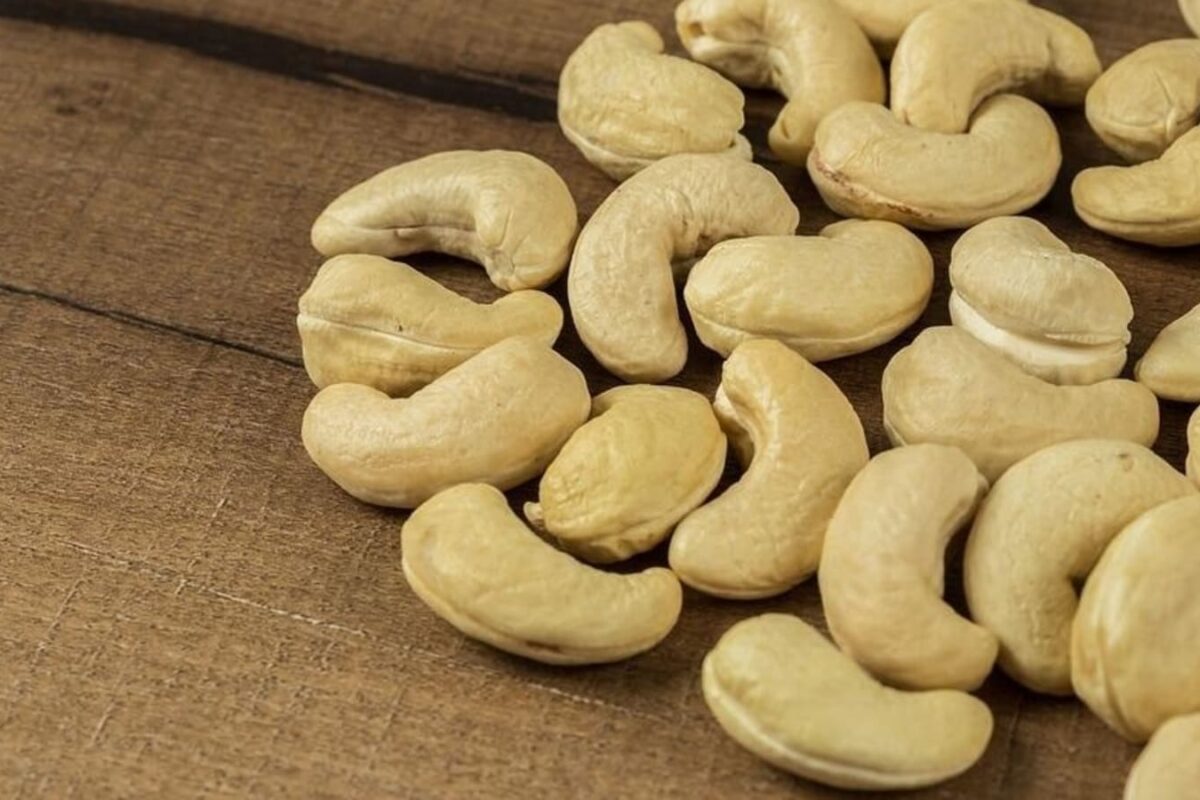Cashews, a crescent-shaped nut native to Brazil, have become a staple in global cuisine and snacking habits. Beyond their rich, buttery flavor, cashews possess a remarkable nutritional profile, making them a valuable addition to any diet. This article delves into the less discussed realm of cashews’ impact on brain health. By examining the essential nutrients found in cashews and their direct benefits to cognitive function and mental well-being, we uncover how this humble nut can contribute to a sharper, healthier brain.
Nutritional Profile of Cashews
Cashews are a powerhouse of essential nutrients that play pivotal roles in brain health. First, magnesium, found abundantly in cashews, is crucial for over 300 enzymatic reactions in the body, including those vital for nerve function and mood regulation. A deficiency in magnesium has been linked to various neurological conditions, highlighting its importance for maintaining brain health. Similarly, copper, another key component of cashews, supports brain development and acts as a neuroprotectant. Vitamin E, with its potent antioxidant properties, contributes to the protection against oxidative stress and the slowing of cognitive decline. Lastly, zinc, essential for neurotransmitter function, supports learning and memory. Together, these nutrients make cashews an excellent brain food.
Cashews and Cognitive Function
The rich blend of nutrients in cashews directly influences cognitive health and function. Magnesium, for example, enhances learning abilities and memory by improving synaptic plasticity and signal transmission in the brain. Research has shown that regular consumption of magnesium-rich foods like cashews can lead to improvements in brain function, particularly in areas related to memory and learning. Copper plays a role in brain development and maintenance by facilitating the proper use of antioxidants and helping in the formation of brain neurotransmitters. Vitamin E, known for its antioxidant properties, has been associated with reduced rates of cognitive decline in older adults. Incorporating cashews into one’s diet can thus be a natural strategy to bolster brain function and protect against cognitive impairments.
Cashews and Mood Improvement
The connection between diet and mood is well-established, with cashews playing a significant role in mood regulation and anxiety management. Magnesium in cashews helps regulate neurotransmitters, which send messages throughout the brain and body; its deficiency has been linked to increased levels of anxiety and depression. Tryptophan, an amino acid found in cashews, is converted into serotonin in the body, a neurotransmitter that promotes a sense of well-being and happiness. The mood-stabilizing effects of cashews can be attributed to their ability to enhance serotonin production, providing a natural remedy for stress and anxiety. This makes cashews not just a brain booster but also a mood enhancer, showcasing their versatility as a nut beneficial for mental health.
Cashews in the Diet: A Brain Health Perspective
Incorporating cashews into the diet offers a simple yet effective way to enhance brain health. Whether as a snack, a crunchy topping on salads, or a creamy base for vegan sauces, cashews are both versatile and nutritious. However, moderation is key, as cashews are high in calories. A handful of cashews can provide the recommended daily intake of essential nutrients without contributing to caloric excess. For those looking to optimize their cognitive function and mood, integrating cashews with other nutrient-rich foods can create a balanced and brain-healthy diet. Remember, while cashews are beneficial, they should complement a diverse diet rich in fruits, vegetables, and whole grains.
Potential Drawbacks to Consider
While the benefits of cashews for brain health are significant, potential drawbacks must be considered. Overconsumption can lead to excessive calorie intake and potential weight gain. Additionally, individuals with nut allergies should avoid cashews to prevent allergic reactions. It’s also important to consume cashews in their most natural form—raw or dry roasted without added salt or sugar—to maximize health benefits. Acknowledging these considerations ensures that cashews can be safely and effectively incorporated into a brain-healthy diet.
Conclusion
Cashews offer more than just a delightful crunch; they are a nutrient-rich nut with significant benefits for brain health. From enhancing cognitive function and memory to improving mood and reducing anxiety, cashews are a valuable addition to a brain-boosting diet. By incorporating cashews into a balanced and healthy diet, individuals can take a proactive step towards maintaining and enhancing their cognitive health and overall well-being. As we continue to explore the connections between diet and brain health, the humble cashew stands out as a testament to the power of nutrition in supporting our most vital organ—the brain.




